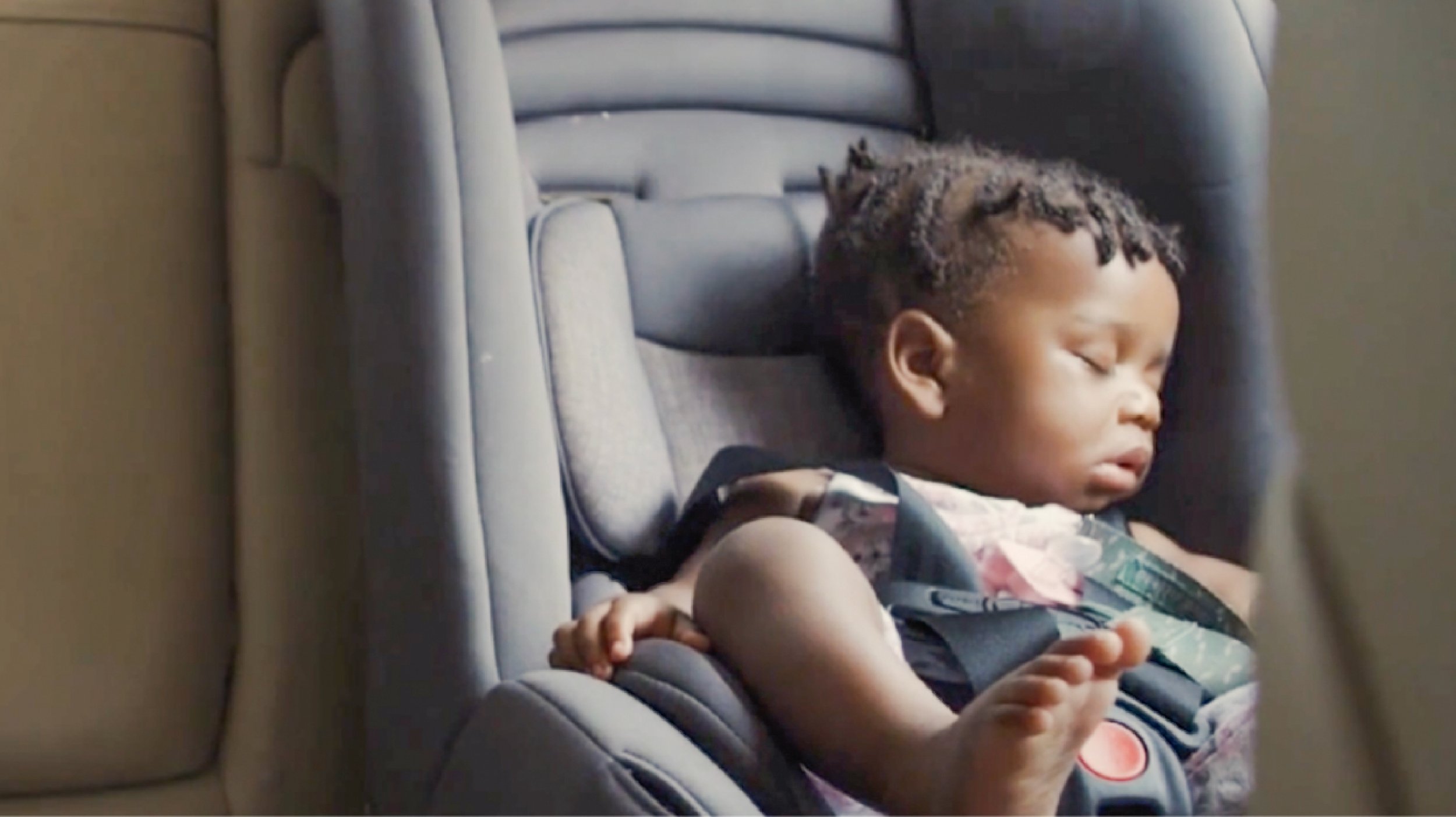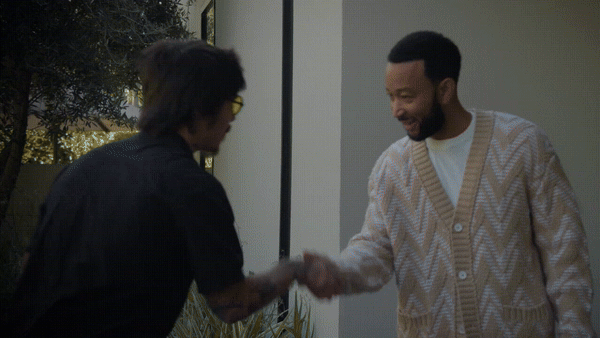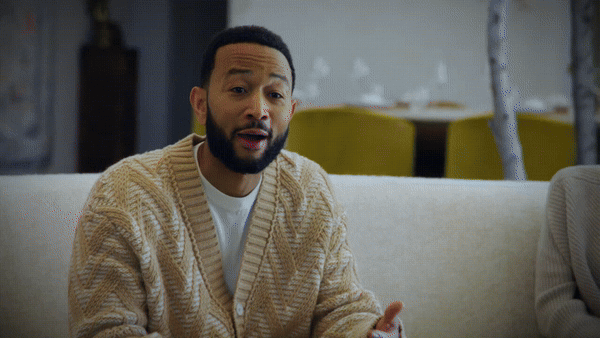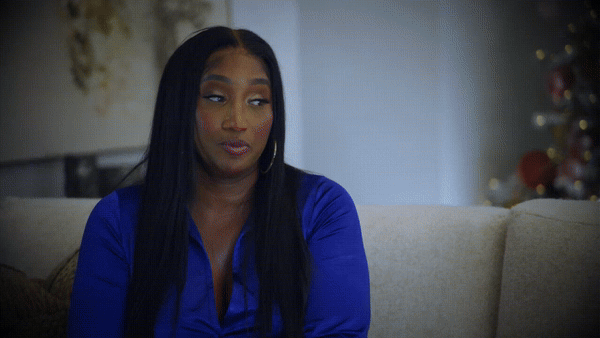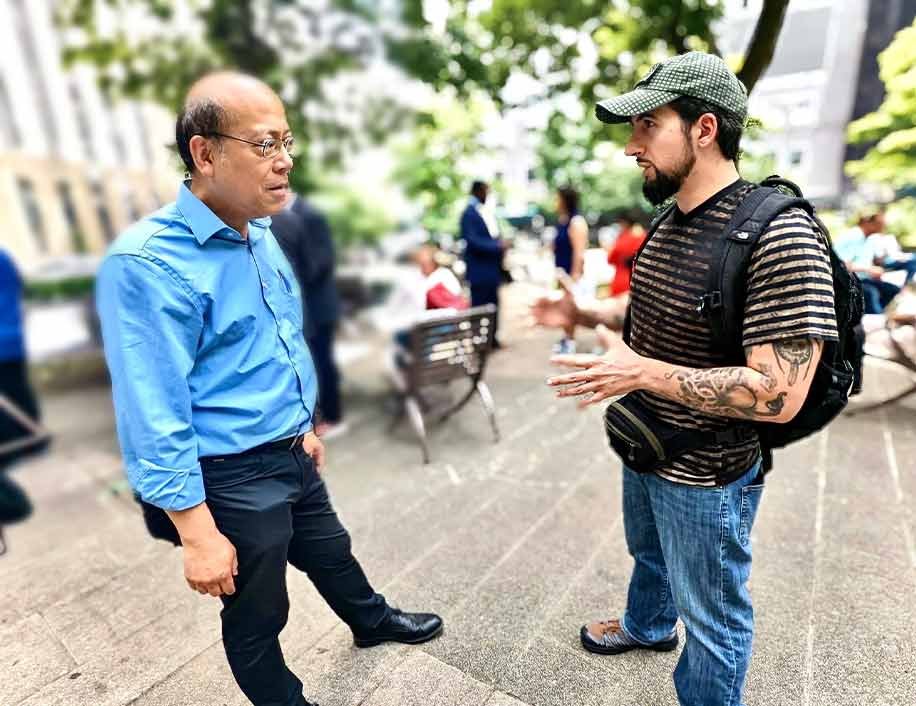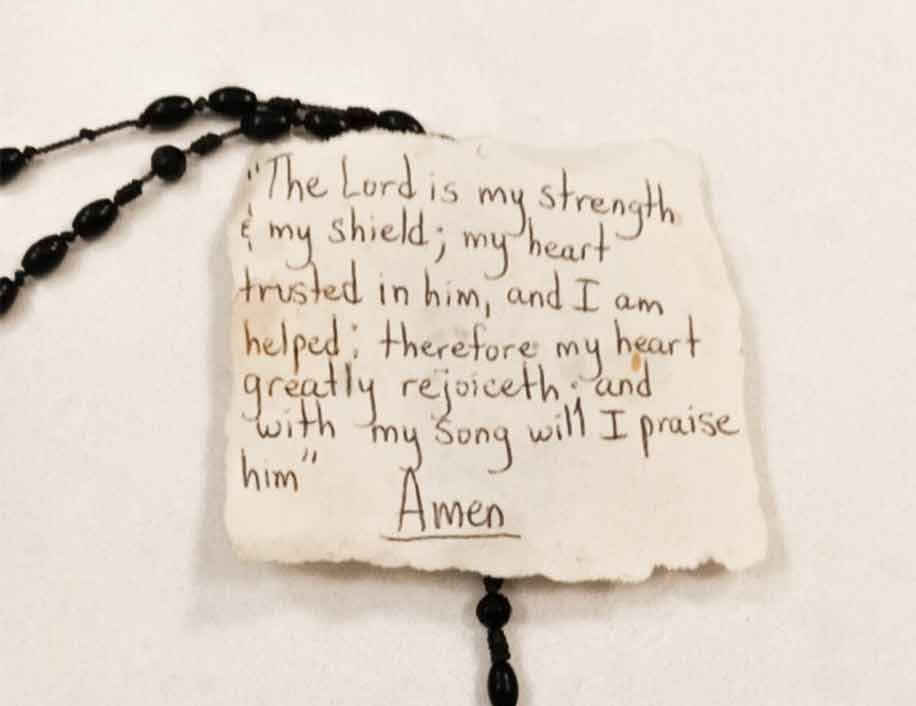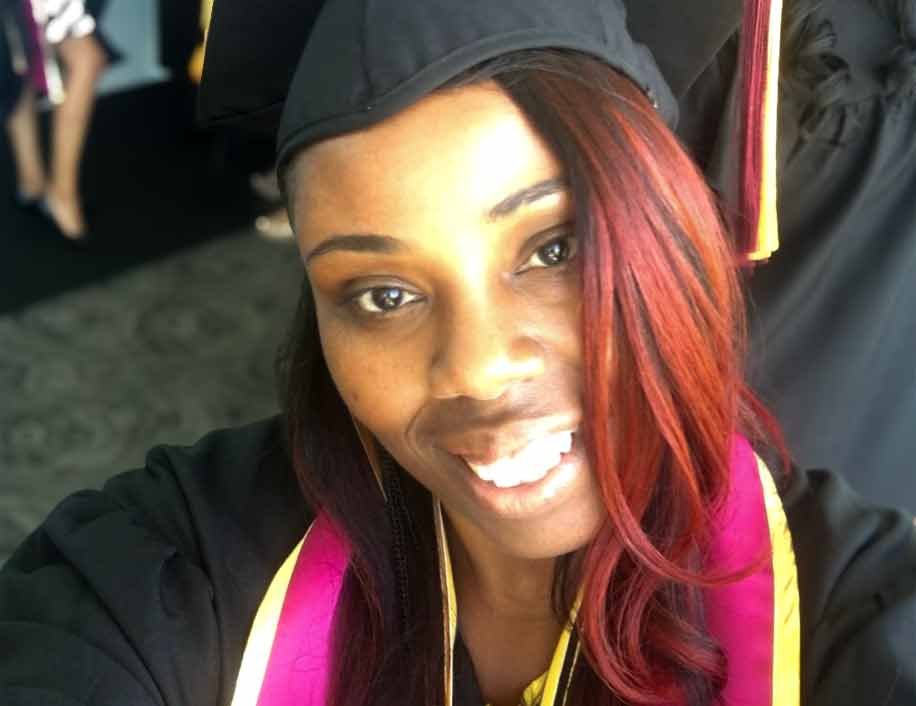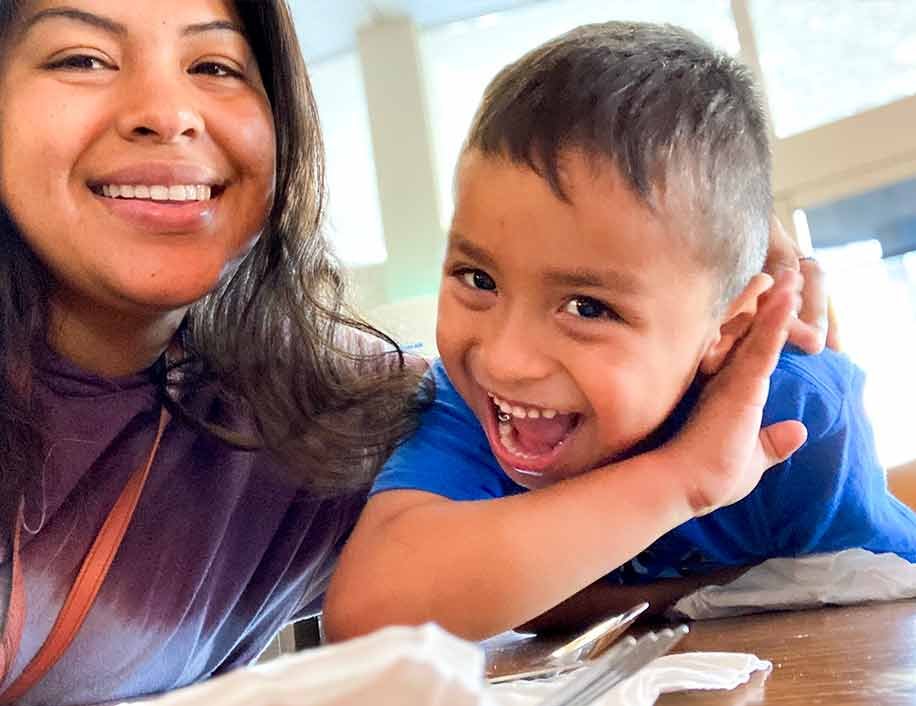A national conversation about bail reform with John Legend.
Bail reform isn’t anything like what you read in the news.
Bail reform is the everyday normalcy of freedom.
Bail reform has been a resounding success in upholding public safety, protecting freedom, and saving taxpayer dollars.
Freedom is home & being in nature.
Every study, every piece of data, points to bail reform’s extraordinary success.
Freedom is being with family and being safe.
With pretrial freedom has come increases in public health and safety. People return to court, rearrest rates have decreased, and studies have found no correlation to any increases in crime.
Freedom is caring for one another.
Bail reform is fiscally responsible: Pretrial freedom has reduced incarceration rates and save hundreds of millions of dollars.
Freedom is smart public policy.
Despite police, county executives & national pundits falsely labeling bail reform a disaster, it has been one of the most significant public policy achievements in recent American history.
Bail reform has proven you can maximize freedom while not endangering public safety.
The Gathering
Award-winning artist and advocate, John Legend, invited six people with direct experience with bail and pretrial freedom to his home in Los Angeles for a conversation about the true story of bail reform, what freedom really means, and strategies for how to expand it.
Meet the Storytellers
Meet Andrea, Angel, Jon, Tabytha, Terranisha, and Tony. All people with personal experience with bail and pretrial freedom. They traveled from Houston, Los Angeles, and New York— all places with pretrial freedom.
Tony Wallin-Sato | Long Beach, CA
I was first arrested at 13 and last at 23, experiencing juvenile hall, jail, and a correctional facility. Each time, I emerged more traumatized and isolated.
Now, I return to carceral facilities to provide programming and education, aiming to improve outcomes for those inside. I fight for community members' freedom and cherish my own, recognizing it's a shared experience.
Angel Lopez | Los Angeles, CA
My involvement with the legal system started at age four with a home search by police. Since age 19, I've experienced periods of incarceration. However, in recent years, I've focused on building a more stable life and acquiring valuable life skills. Despite the challenges, I now see a brighter future ahead.
I'm frustrated by the tendency to define individuals by their past mistakes. It's crucial to learn from our errors and grow. I'm hopeful that the broken system can be reformed, and I'm encouraged by the increasing awareness of its flaws. I remain optimistic and committed to advocating for change.
John Legend | Los Angeles, CA
John Legend is an artist and activist who made history as the first African American man to join the prestigious EGOT club. At the age of 15, John Legend won an essay competition where he shared his dream of becoming a star recording artist and using his influence to give back to the community.
In 2007, John founded The Show Me Campaign, aiming to provide quality education to every child and address systemic issues in the criminal justice system that disproportionately affect the underprivileged and minorities. Through his work in education, he discovered a troubling connection: the lack of quality education often channels many young people into what we now call the "school-to-prison pipeline."
This realization compelled John to take further action, leading him to launch freeamerica in 2014. This initiative, with its two foundational pillars: Unlocked Futures and HUMANLEVEL, aims to end mass incarceration and assist local governments in addressing racial inequalities in critical areas such as health, criminal justice, education, jobs, and housing.
Tabytha Gonzalez | Bronx, NY
After spending 14 years impacted by the justice system, I now dedicate my freedom to empowering LGBTQ youth through workshops and advocating for the rights and protections of transgender individuals. As a human rights specialist in the city that once confined me, I strive to create a more inclusive and equitable society. For me, true freedom means recognizing the humanity in everyone, irrespective of race, ethnicity, beliefs, or gender, enabling us all to pursue our aspirations and be our authentic selves.
Jon McFarlane | Queens County, NY
I was incarcerated on Rikers Island and the Vernon C. Bain Facility. Now, I am a full time activist, advocate, and leader for criminal justice reform issues for VOCAL-NY (Voice of Activists and Leaders of New York) and RAPP (Releasing Aging People from Prison). My time is spent raising public awareness and lobbying the New York State Legislature regarding issues germane to currently incarcerated and formerly incarcerated individuals. I want people to understand that freedom should NEVER be taken for granted. All it takes is a moment in time for your freedom to be taken and a lifetime for you to earn it back.
Andrea Whitley, Houston | TX
Arrested for DWI and spending a night in Harris County jail was a wake-up call for me. I realized how a mere $200 could be the difference between freedom and life-altering consequences like job loss, family strain, or mental health crises. Facing a substance abuse problem due to personal challenges, I found myself at a crossroads. Walking out of jail that day propelled me into action, leading me to seek help and embark on a journey of recovery. Now, 18 months sober, I'm dedicated to supporting others struggling with addiction and using my legal expertise to help expunge criminal records, removing barriers to a brighter future.
Terranisha Collins | Houston, TX
My encounter with the legal system was distressing. Unable to attend court due to my brother's funeral, I was later incarcerated for contempt of court. Released two days later on a $200 bond, I prioritized caring for my family and myself. I find solace in attending church with my loved ones and assisting those in need in my neighborhood. My dream is to establish a nonprofit organization to aid individuals in my community.
Bail reform has seen remarkable success nationwide.
From New York to Texas, and California bail reform has upheld public safety, protected freedom, and saved taxpayer dollars.
-
Rearrests for serious crimes remain exceptionally rare – just 2 percent of over 100,000 analyzed cases.
The solution:
State legislators passed historic bail reform laws in 2019 that eliminated cash bail for most low-level crimes, including both misdemeanors and some non-violent felonies.
Since 2020:
People continue to show up to court. Years of data show that the vast majority of people show Years of data up to their court dates. After bail reform was enacted, a higher percentage of people attended all court dates than did before.
Freedom saves money. One report found that maintaining a lower jail population could save New York over $600 million annually.
-
New prosecutions dropped by 6 percent, indicating bail reform does not cause increases in crime.
The solution:
Following a class-action lawsuit, Harris County (Houston), Texas entered a consent decree in 2019 that eliminates the use of cash bail for people charged with misdemeanors in the county.
Since 2019:
The expansion of pretrial release did not cause any increases in crime.
Misdemeanor bail reform led to a drop in coercive plea deals, plus fewer and shorter jail sentences.
The consent decree saved Harris County taxpayers “many millions of dollars”.
-
During bail reform, violent crime was lower or unchanged compared to historical averages.
The solution:
In response to the pandemic, Los Angeles County adopted an “emergency bail schedule” that set bail at zero for most low-level crimes. The County ended the policy in 2022. But in 2023, a judge found the pre-pandemic cash bail system unconstitutional, returning Los Angeles County to a system that eliminates bail for most low-level crimes.
Since 2020:
Rearrest and failure-to-appear rates decreased or remained constant following increases in pretrial release.
These stories aren’t the exception.
Advocates around the country have begun to gather real stories, shared by real people who have benefitted from pretrial freedom, into a growing tapestry.
Meet Other Storytellers from the Freedom Stories Archive (Launching in Late 2024)
D'Juan | New York
I was released thanks to bail reform in New York. It was a cold winter day when I was freed. The first thing I did was take a deep breath and inhale the fresh air. Because I was free pre-trial, I also got to participate in my defense on a 2008 wrongful conviction. I vote. I pay taxes and care for my children and elderly mom.
Anthony | New York
Because I was free, I was able to eat, sleep, and control the company I kept according to my routine. I was able to hang out with my therapy dog and take her to play dates. I'd like to see the pipeline to prison disrupted and the focus placed on keeping families together. I started a nonprofit called Planned Parenting.
Jamel | New York
When I was incarcerated, I lost my job, but I was determined to get back to work. When I got released, I went right back the next week, and have been working ever since.
Keith | Texas
Freedom allowed me to seize opportunities, something incarceration takes from you.
Deshaun | Texas
I was able to see my kids and my family. I was able to open my own door. I was able to eat what I wanted to when I wanted to. I was able to be in control of myself. The sky represents freedom. Skydiving is something I’ve done and it was amazing!
Jerry | Los Angeles
With my freedom, I'm getting clean.
Shayne | Los Angeles
Freedom means sleeping in my own bed, in my own home, with my kids nearby. Freedom allows me to go to church and see my Mom.
Keisha | Los Angeles
Freedom is being able to live my life to the fullest and still be successful in achieving my goals.
Sandra | Los Angeles
Freedom to me means providing for my three children; being their mother and nurturer. Since my release I have paid off credit card debt, maintained a full-time job, and I have become a dual enrolled student in both high school and college classes.
Add your story to the growing tapestry of freedom stories.
We're gathering real stories from people who have benefited from pretrial freedom in the growing number of places expanding pretrial freedom.



